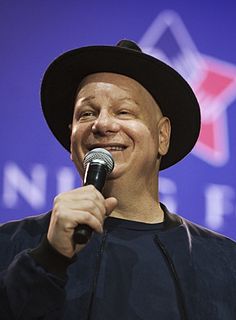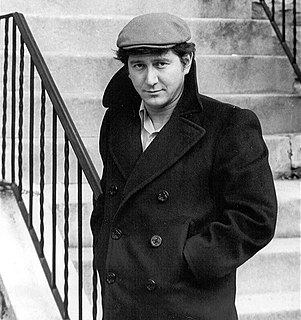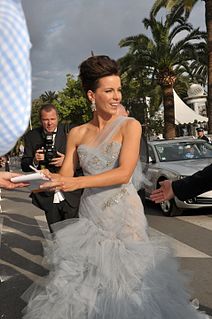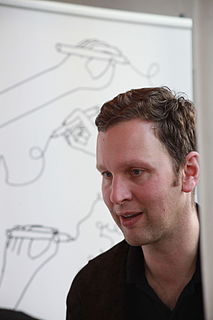A Quote by Jeff Ross
My own personal rule is to tell jokes that I think the person I'm making them about can laugh at, to go home and tell their family, oh, my gosh.
Related Quotes
It's terrifying to think about all things that were awful for you. But for me, sharing all of them was so satisfying, because people read them and get to go, "Oh, okay, I don't have to feel so shitty about that," or maybe even, "Why was I feeling so shitty about that? I should own that and learn from that." Those are the sorts of stories I want to tell.
There are jokes I know I want to tell, and there's sort of a rough order, but usually I try to change it up every show, to improvise and talk with the audience. I think when you tell jokes, if you're not careful, you can end up telling the whole list of jokes and then that's it. And that can get a little boring.
I learned all those jokes in second grade. Second grade is really where they tell you those horrific jokes, racist jokes and misogynistic jokes that you have no idea what they mean, and you just memorize them because they have a very strong effect, they make people laugh in this kind of nervous, horrible way, and it's only later that you realize that you've got a head full of crap.
With the artists, I don't teach, I coach. I can't tell them how to make art. I tell them to make more art. I tell them to get up early and stay up late. I tell them not to quit. I tell them if somebody else is already making their work. My job is to be current with the discourse and not be an asshole. That's all I wanted in a professor.

































